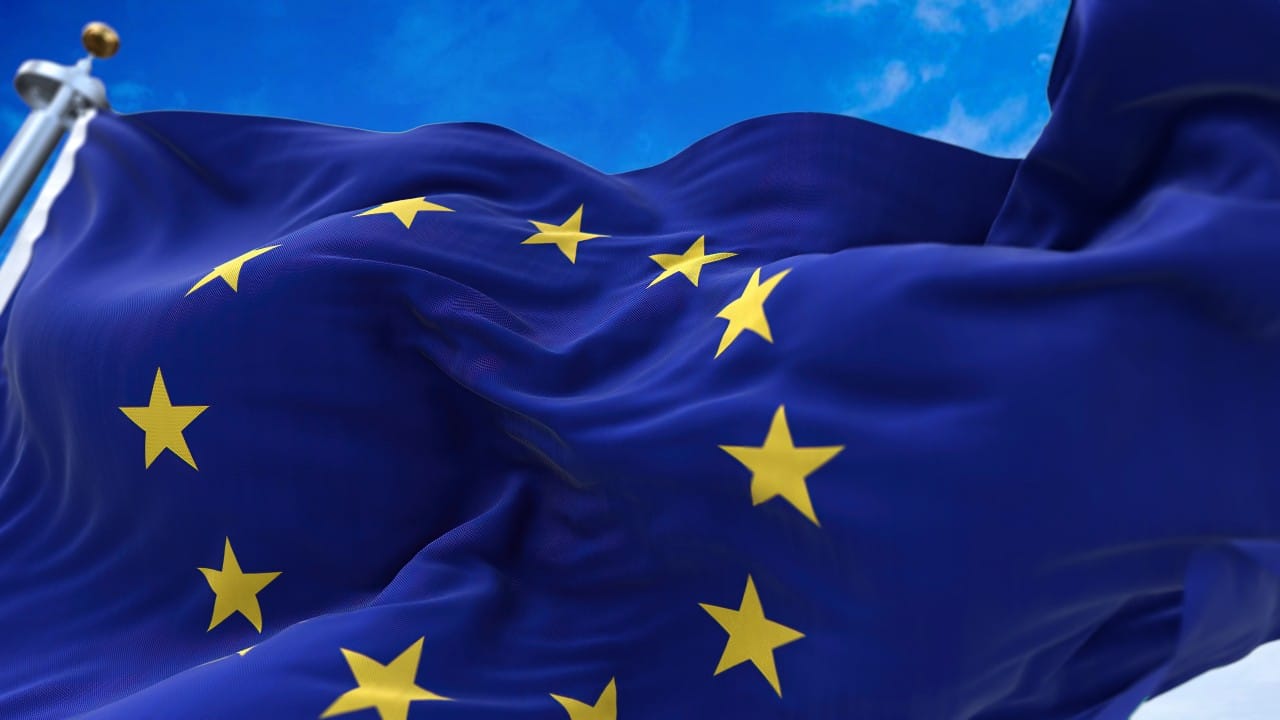There is a lot of information smog in B2B, causing executives to delay and even refuse deals due to complete overchoice. Who can blame them? Today we have to process as much information as people processed in a full year back in the 80’s. Gartner reminds us just how easily decision-makers get drowned.
Every day, we are heaped with a multitude of choices be it in shops, restaurants, schools, you name it. Making dreams come true, like honey-moon planning or house buying, can turn into complete nightmares purely because of the number of decisions involved.
People often regret their decisions, believing they could have done better.
The decision-making processes in B2B complexity can be utterly paralyzing. Executives need to employ reason but there are always emotions involved in decision-making, because no buying-decision is strictly objective. Overchoice can make the whole process infernal.
Overchoice Pains
Deciding on a service in B2B can become quite dramatic because most buyers will experience serious tensions in one or all of these areas:
- Service or product evaluation
- Too many offers with the goal of a single choice
- Wanting to select the ideal solution while dealing with fear of failure
Information overload comes hand in hand with overchoice these days – buyers need to consider a multitude of options in a short period of time and this often renders them useless. In B2B too, decision makers are affected by feelings, preconceptions and expectations. Relationships with colleagues, superiors and executive management may rest upon one single decision – even their careers could depend on it! Consequently, information overload causes B2B buyers to delay or lose deals, affecting their companies’ results and growth.
Remedying this problem involves getting to the bottom of the psychology behind people experiencing difficulty choosing and deciding.
How decision-making is thwarted
The problems involved with rational decision-making have been mulled over by philosophers for years. We all know that too much choice and too much information inhibit action. The problem of overchoice has been with mankind since our earliest days. In today’s market reality the level of choice has reached dimensions hard to imagine and it’s wreaking havoc on modern decision-making. One way out of the problem is to reduce the number of options to a manageable level – albeit it doesn’t eliminate the problem altogether.
This is just rational side of the game. Don’t forget that all human decisions are based on emotion to some extent.
Emotions and B2B Decisions
In recent years, psychologists, economists and B2B market researchers have concerned themselves with the decision-making process. Emotions influence some 50% of the buying decisions as opposed to the 5% suggested. Difficulties like uncertainty, cognitive dissonance, and regret all stem from tensions between individual and company needs. Adding overchoice to the formula makes the life of the B2B executive today very different from the life of the B2B executive two decades ago.
From the point of view of content overload, our reasoning and behavior are strongly affected by feelings. We ignore them within the buying process at our peril. Companies may actually pay for purchases but people are taking the decisions, making buying subject to both internal and external personal conflicts – and not just the cold negotiation between two legal entities.
One can be certain that previous purchase experiences affect later ones – even when they may have nothing in common between them (service, project, location, etc)! Executives do apply intuition and intuition is often about going with what feels right (more familiar, closer to something that’s already been done). We needn’t fear irrationality and fast-thinking in B2B buying, because it may just as well provide the solution to overchoice and buying stagnation. Execs need facilitation and enablement. Bear this in mind when you’re making your next purchase, trust the supplier that will not hurl content at you.
Here are some tips on how to deal with B2B Buying stagnation in the era of content overload.



